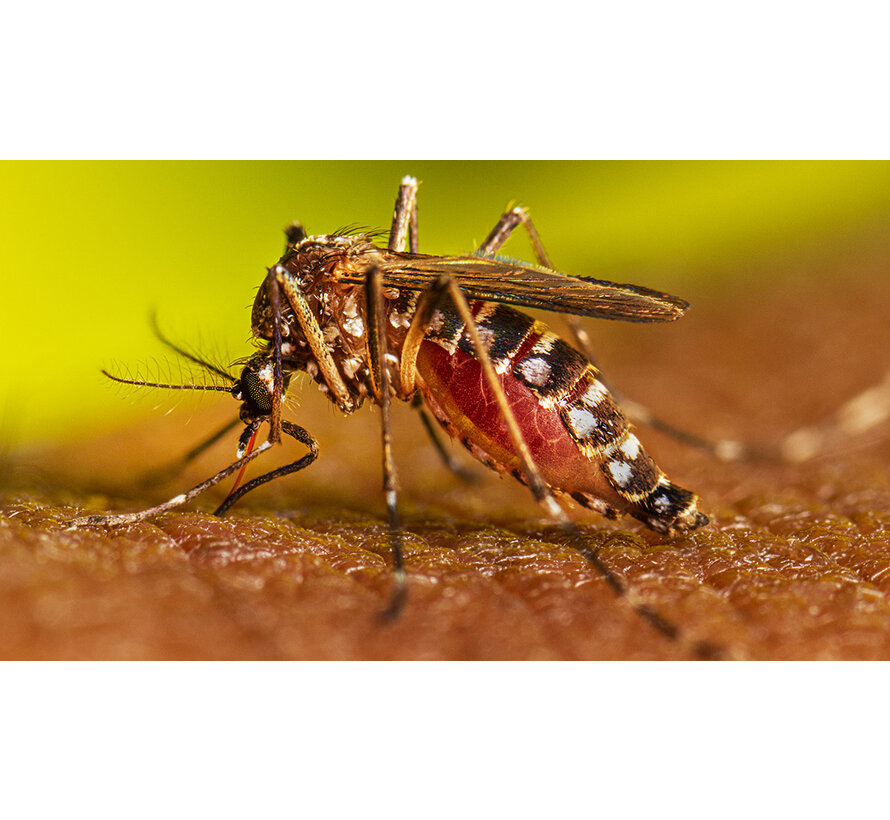Dengue dengue old and recent infection
Blood tests Dengue IgG DENGG and Dengue IgM DENGM from serum
Dengue is a viral disease transmitted by mosquitoes of the genus Aedes, particularly the Aedes aegypti mosquito. The virus can cause symptoms ranging from mild flu-like symptoms to severe and potentially life-threatening conditions.
Why this blood test?
- Early diagnosis: Early detection of dengue is important to provide appropriate medical care quickly. Early symptoms of dengue can resemble those of other diseases, such as influenza, and a blood test can help provide an accurate diagnosis.
- Confirmation of diagnosis: A blood test can help confirm the diagnosis of dengue, especially in areas where the disease is endemic. This is especially relevant when symptoms are severe and may require hospitalization.
- Differential diagnosis: Because the symptoms of dengue can be similar to those of other infectious diseases such as chikungunya and zika, a blood test can help differentiate between these conditions, allowing for appropriate treatment.
- Monitoring the disease: the test can be used to monitor the progress of the disease and determine whether the patient is recovering or worsening.
- Assessing severity: In severe cases of dengue, a blood test can help determine whether dengue hemorrhagic fever or dengue shock syndrome is present. These severe complications can lead to internal bleeding and shock, and monitoring certain blood parameters is essential to provide appropriate treatment.
These tests can detect the presence of the virus and antibodies in the blood, which helps in making an accurate diagnosis and determining the best treatment options.
In dengue infection, IgM antibodies usually appear within 3-6 days of the onset of symptoms and may persist for several weeks to months before gradually decreasing. IgG antibodies appear later and often remain present in the blood for longer periods of time
The risk of contracting dengue a second time, also known as secondary dengue infection, can be more severe than with the first infection. This phenomenon is known as "antibody-dependent amplification" or "antibody-dependent exacerbation" of dengue (ADE - Antibody-Dependent Enhancement).
Here's how it works:
Initial infection: When a person is first exposed to the dengue virus and recovers, that person develops antibodies against that specific virus serotype (variant). These antibodies provide protection against reinfection by the same serotype.
Second infection: If the same person is later exposed to a different serotype of dengue virus, the antibodies developed in response to the first infection may paradoxically increase the risk of more severe symptoms. This is because the antibodies present do not effectively neutralize the new virus serotype, but rather help bring the virus into cells where it can multiply. This can lead to a more severe form of the disease, such as dengue hemorrhagic fever (DHF) or dengue shock syndrome (DSS).
So once you are infected with Dengue, it is advisable to get vaccinated before entering another dengue area.
If you have symptoms, always see your family doctor or tropical doctor.





